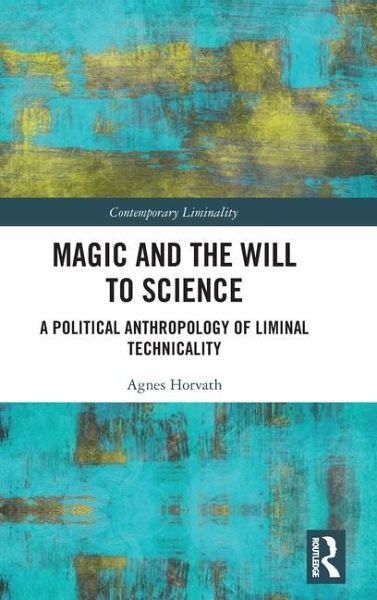
Magic and the Will to Science
A Political Anthropology of Liminal Technicality
Versandkostenfrei!
Versandfertig in 6-10 Tagen
154,99 €
inkl. MwSt.
Weitere Ausgaben:

PAYBACK Punkte
77 °P sammeln!
This book offers a political anthropological perspective on the problematic character of science, combining insights from historical sociology, political theory, and cultural anthropology. Its central idea, departing from the works of Frances Yates and the Gnosticism thesis of Eric Voegelin, is that far from being the radical opposite of magic, modern science effectively grew out of magic, and its varieties, like alchemy, Hermetic philosophy, the occult, Gnosticism, and Neoplatonism. Showing that the desire to use science to solve various - real or presumed - problems of human existence has cr...
This book offers a political anthropological perspective on the problematic character of science, combining insights from historical sociology, political theory, and cultural anthropology. Its central idea, departing from the works of Frances Yates and the Gnosticism thesis of Eric Voegelin, is that far from being the radical opposite of magic, modern science effectively grew out of magic, and its varieties, like alchemy, Hermetic philosophy, the occult, Gnosticism, and Neoplatonism. Showing that the desire to use science to solve various - real or presumed - problems of human existence has created a permanent liminal crisis, it contends that the 'will to science' is parasitic, existing as it does in sheer relationality, outside of and in between concrete places and communities. A study of the mutual relationship between magic and science in different historical eras, ranging from the Early Neolithic to recent disease prevention ideas, Magic and the Will to Science will appeal toscholars and students of social and anthropological theory, and the philosophy and sociology of science.




